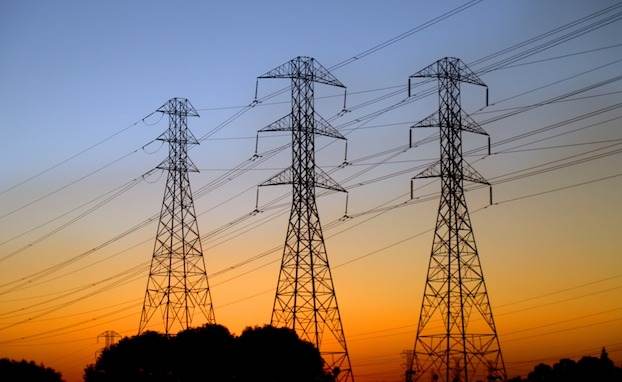19 August 2016
By Stephen Koukoulas
By blocking New South Wales’ plan to sell electricity distributor Ausgrid to Chinese and Hong Kong bidders, the Turnbull government has damaged the state’s budget and it risks undermining foreign investor confidence.
Under the cover of “national security concerns” we will never know the specific reasons why the planned $10bn sale was blocked. But in a competitive market where foreign investment plays a vital role in determining a country’s economic well-being, the decision could end up costing more than the $1bn-plus reduction in price that any new potential buyer might be willing to offer for Ausgrid.
It might end up being a big price to pay for judgments about national security.
Over many years, similar assets have been sold to a range of foreign buyers, including the Chinese, without a hint of concern for such issues. One of the bidders, Cheung Kong Infrastructure, already owns a 51% stake in ETSA Utilities, South Australia’s main electricity network, and the same-sized share of the company that owns Melbourne CBD distributor CitiPower.
Cheung Kong is controlled by Li Ka-shing, one of the worldâ’s richest people with a fortune estimated at $31bn. It is no surprise that those and many other foreign-owned assets are being run efficiently and are receiving capital injections to fund greater efficiency. The profit motive for investors is, clearly, powerful.
The proceeds of asset sales by state and federal governments have, over many years, been swallowed up in the broader budget and plugged holes in recurrent spending, rather than being directed to reinvestment. The NSW government was in this instance an exception to that rule, explicitly stating that it wanted to use the proceeds from Ausgrid to fund much-needed infrastructure spending. The decision to block the sale can only push back the start date of any new investment.
There are other principles at stake here. The rule of caveat emptor or buyer beware, is generally well-founded when it comes to transactions involving well-informed and knowledgeable buyers and sellers.
If a potential buyer wants to pay what might be considered “too much” for a particular asset, that is the good fortune of the seller and the net effect is extra foreign capital inflows into Australia. The consenting buyer is taking on the risk, with full information, that the price may be excessive. Or just as likely, they may simply be judging that under their ownership, the operation will be run more efficiently and will add to productivity, thereby justifying the high price once the entity is restructured.
Residential property in Australia is a high-profile and relatable example of buyer beware with vendors laughing all the way to the bank as buyers, seemingly throwing caution to the wind, are paying roughly double what they would have paid for the same house a little over a decade ago. But buyers who bought, say, five years ago have enjoyed substantial gains and show that in a country where 500,000 homes are bought and sold each year, the market has worked well in setting prices.
When it comes to public owned and other assets, the same rule should apply.
If the government or the private sector wants to sell an asset, the price is a key consideration. In every instance, there is a wish for the seller to maximise the price. Restricting any potential purchaser from the sale process risks undermining the final sale price. After all, an extra billion dollars or two in the case of Ausgrid might be the difference between hiring more teachers and nurses or having more beds in a hospital.
This makes the decision of the federal government to block the Ausgrid sale a poor one.
Given the nature of the business, it is difficult to see how Australia’s national security could be put at risk with Hong Kong or Chinese ownership. Importantly, it has cost NSW money and signalled to other potential investors that Australia is an increasingly difficult destination for their investment funds. The cost of this could far exceed the dollars lost to the state government as it searches for a new buyer for Ausgrid.

